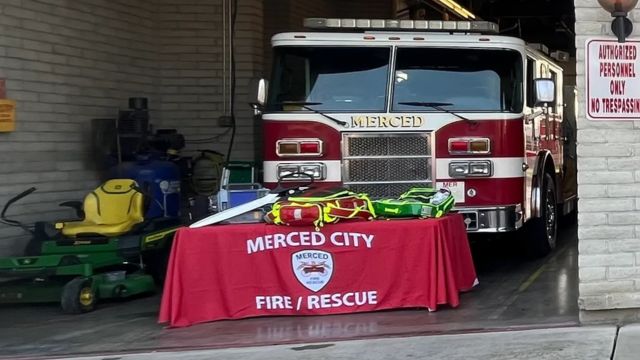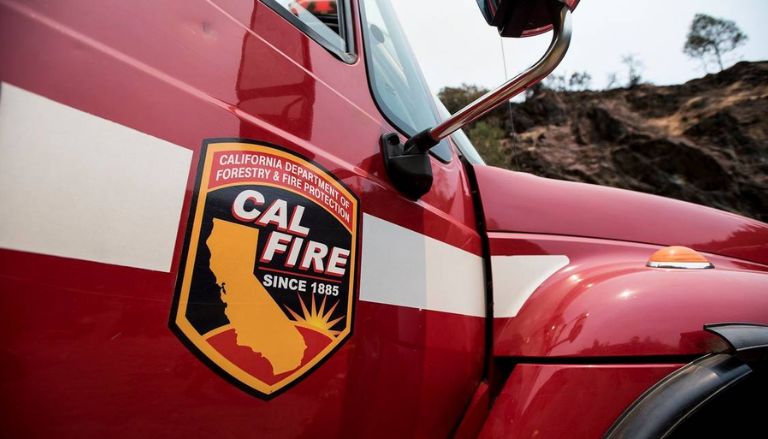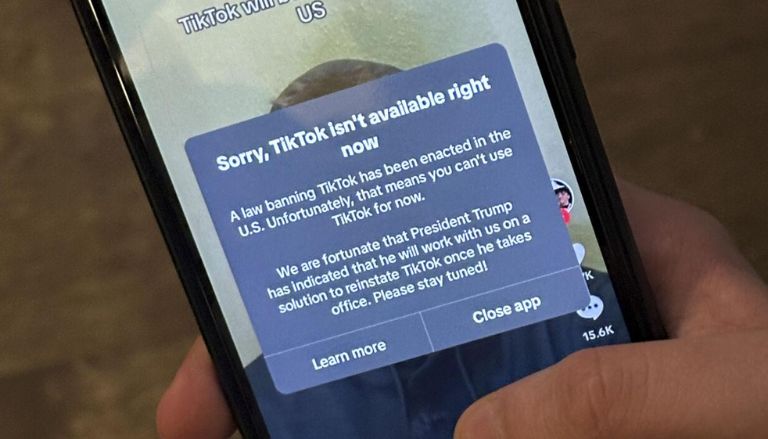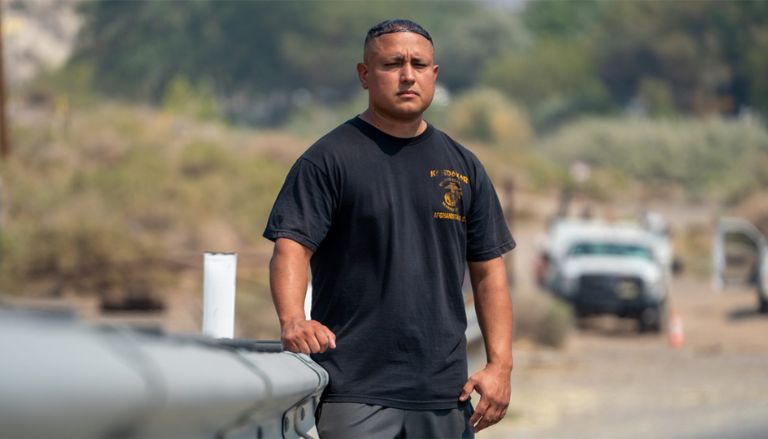Eight firefighters from the Merced City Fire Department have been sent to help put out flames in southern California.
Merced Interim Fire Chief Casey Wilson said that on January 8, the department sent two fire trucks: a California Office of Emergency Services truck and a City of Merced fire engine type 3 truck. A battalion chief was also sent to lead the strike team. On January 11, an extra person was sent from a regional team in the Central Valley to help fight wildfires and look for people who had been trapped in burned-down buildings as part of a rescue task force.
Wilson said, “At first, the Merced City type 3 engine was sent to the Hurst Fire.” “Once they got that under control, they were sent to help with the Palisades Fire.” When our OES type 6 engine was first sent out on the eighth, it was sent to help with the Eaton Fire, and it is still helping with that incident.
Wilson said that the area firefighters are helping because they are part of the California Fire Assistance Agreement. Through the California Office of Emergency Services, the deal says that the city will staff those engines and send them out whenever they can to help.
Wilson said, “That’s really how most agencies in the State of California are able to help with these incidents.”
The city will get its money back for the costs of bringing tools and people to the fire and hiring people to fill in while the firefighters are away.
Wilson said, “They could be actively fighting the fire or in a holdover area in case the fire spreads to this area.” “They could move water, clean up hotspots around buildings, protect buildings, and do a lot of other things.”
Wilson said that most of the reaction when there are high winds, like in these cases, is not about actively putting out the fire but about keeping people safe, protecting important infrastructure, and saving property.
Wilson said that while in the academy, firefighters learn some skills that are special to wildland fires. Additionally, city firefighters get some training every year in how to fight wildfires. This is because firefighters must meet certain standards before they can be sent to fight wildfires.
“We make sure all of our skills are up to date by testing them all around May or so, before the normal start of fire season (which now lasts all year),” Wilson said. “This includes putting up fire shelters, building hand lines, laying hoses, and other similar tasks.”
City firefighters also do training burns, and they sometimes work with firefighters from nearby departments to train and practice their skills.
Wilson said, “As city firefighters, going out to these incidents is very helpful because it gives us a chance to learn skills that we wouldn’t normally get to use in the City of Merced.”
Most of the time, a Cal Fire or government incident management team is in charge of wildland fires. This team is further divided into different branches and divisions, with tactical tasks assigned to each division.
Wilson said that the fire department has kept in touch with the firefighters sent to the events in Southern California and has also checked in with their families while they were away.
“We’ve been asking about them and they’re all okay,” he said. “We’ve been checking in on their families to make sure everyone is doing well. Our guys are great at taking care of each other, so when one of them goes on deployment, they’ll check with the family to see if they need anything at home or if everything is going well. If something comes up, we’ll help them out right away.”
The firemen from Merced City should get back home around January 23 or 24.
January 7 was the start of the Palisades, Eaton, and Hurst fires in Los Angeles County. According to the most recent reports from Cal Fire, the Palisades Fire has burned about 23,713 acres and is 19% contained. The Eaton Fire, on the other hand, has burned about 14,117 acres and is 45% contained as of Wednesday afternoon.

Cal Fire says the Hurst Fire, which was also reported on January 7, 2025, in Los Angeles County has burned about 799 acres and is 97% controlled. Fire officials said they are still looking into what caused the three fires.
A Special Response Team (SRT) from the California Highway Patrol has been sent to help local police and protect towns in Southern California that are being affected by the wildfires. The SRT officers have been trained to help with natural disasters. They will work with the Los Angeles Police Department, the Los Angeles Sheriff’s Office, the California National Guard, and other southern Californian agencies to make sure the public is safe in the fire-affected areas.
Two sergeants from the CHP office in the Merced area have been sent to southern California to help state and local governments. One of them is on a Cal Fire reaction team.
Someone from the Rescue Task Force has also been sent to help with the Palisades Fire.







Leave a Comment